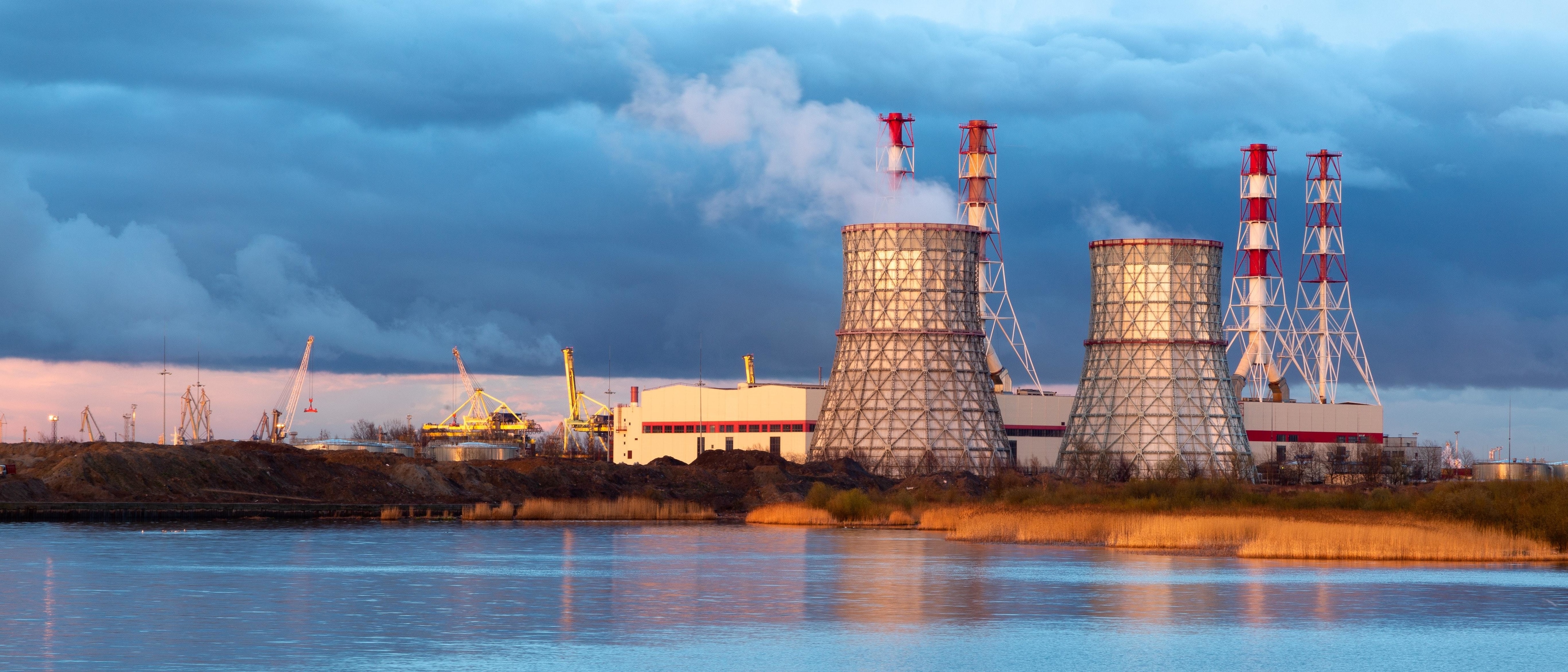
Forum Institutional
How to safeguard the internet after the war in Ukraine
With the war in Ukraine, strengthening the multistakeholder internet governance model and supporting a more positive and inclusive digital future is now more crucial than ever.



